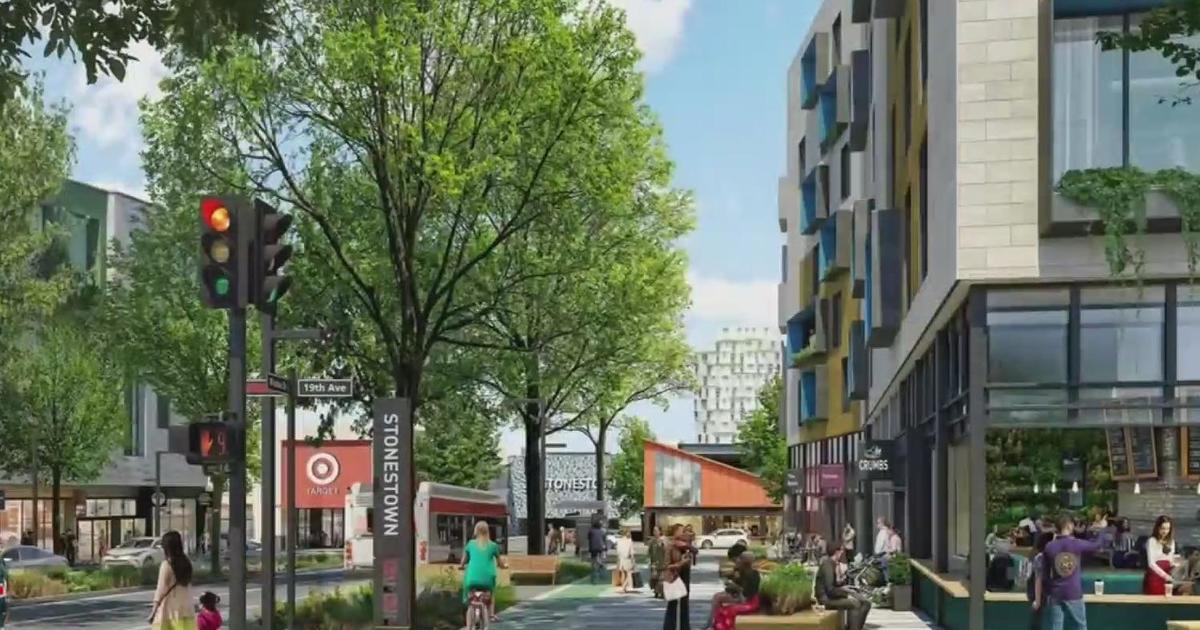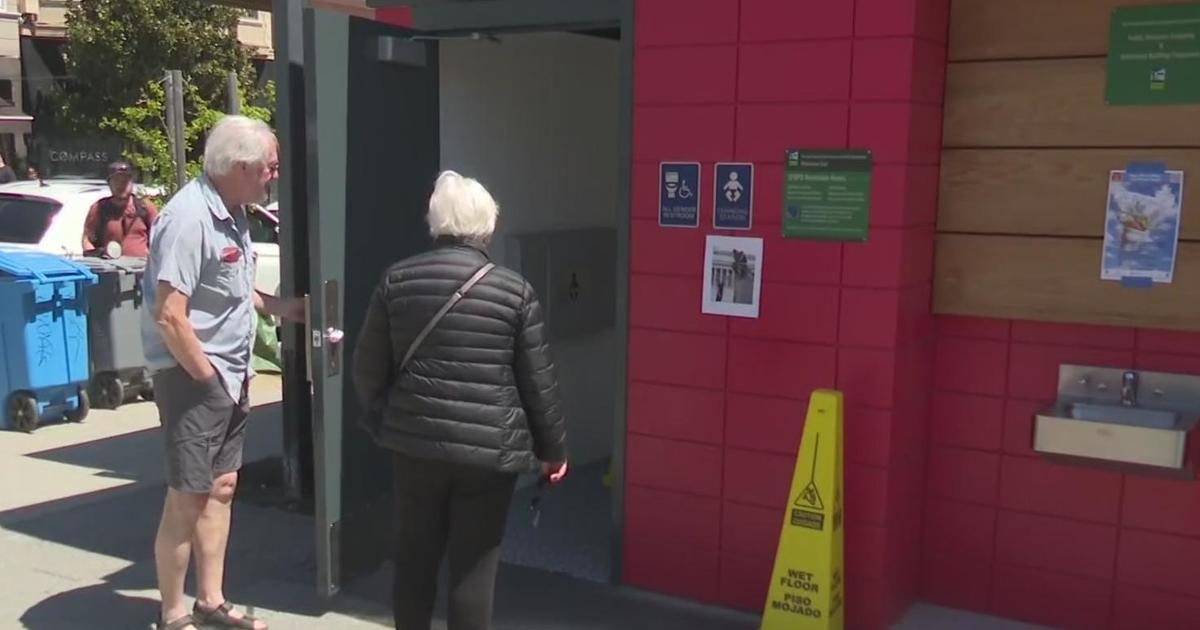Two Sides Clash Over Conflicting Reports On Airbnb's Impact On SF's Housing Market
SAN FRANCISCO (KCBS/BCN)— Two new reports looking into the impact short-term rental companies such as Airbnb have had on housing in San Francisco have come to different conclusions.
Both studies took a look at the units being rented out by online sites (Airbnb has been the most prominent name, but VRBO and Flipkey are among the others). The sites turn the resident's home into a de facto hotel, whether it's a room or the whole house or unit.
While this brings in money to the city from tourists and the one who's renting out their home gets money, critics say it's taking permanent housing off the market. Some people have decided to buy entire buildings and "Airbnb" them out.
San Francisco's Budget Analyst report says about 1,900 units are being used like this, but the question is how many are actually off the market and only being short termed. Meanwhile, the Controller's Office says there has been a loss, but wasn't quite sure what the impact was on San Francisco's housing market.
So what we have is some numbers and everyone trying to use those numbers to further their point with some vocal groups saying short-term rentals are killing housing in the city.
On one side you have people who want to increase regulation and oversight of the short-term rentals. This includes city supervisors David Campos, John Avalos and Eric Mar. But some residents say they don't think it's necessary to increase regulations for homeowners who want to use their extra space to generate income in an expensive city.
The unregulated "shared-economy" is commonplace. It's happened with shared, on-demand ride services like Uber and Lyft and it's happening with housing. The argument of some of these places is that regulation will inhibit their innovation. Critics respond by saying that's just them saying they want to run the show.
Dozens of San Francisco residents expressed their clashing views at a rally at City Hall on Monday.
Nancy Rosales, a San Francisco resident who lives in the Hunters Point neighborhood and who frequently rents out a room in her home for short periods for $60 to $150 a night, said she doesn't think it is necessary to increase regulations.
Sara Shortt, the executive director of the Housing Rights Committee of San Francisco, said what Airbnb is doing to San Franciscans is unconscionable and that it needs to be held accountable.
Supporters of increased regulation of short-term rentals chanted "Homes Not Hotels" and urged the Board of Supervisors and Mayor Ed Lee to protect the existing housing stock in San Francisco.
Malcolm Yeung, the deputy director of the Chinatown Community Development Center said that San Francisco's Chinatown residents are experiencing displacement and that he believes Airbnb is part of the problem.
Yeung recalled one instance last year where Chinatown tenants came to the Chinatown Community Development Center to report a landlord who was pressuring them to leave their homes.
The tenants didn't want to leave, Yeung said, but after substantial pressure they took a buyout. Once they left the units in the building, located in the 700 block of Commercial Street near Grant Street, the units were posted on Airbnb for an exorbitant price within months.
"Chinatown is an immigrant gateway," he said, explaining that he doesn't want to see San Francisco's Chinatown become a place that doesn't serve those newly arrived immigrants who are struggling to make lives for themselves in the United States.
Yeung said Airbnb has a business model that encourages people to push others out to make larger profits. He said he is fighting to keep Chinatown affordable for low-income residents.
Airbnb is a big player in San Francisco politics, at least some of its investors are. They're very close to Mayor Ed Lee. They've put money into the state Assembly race and now those politicians are coming up with some regulation questions of their own.
According to San Francisco's Office of Economic Analysis, a segment of the city's housing stock has been used for short-term rental purposes since at least 1990, but since the development of online hosting platforms around 2005, the practice gained prominence.
The Office of Economic Analysis maintains that it has not been able to determine how many housing units are being removed from the market to be used as short-term rentals on a permanent basis.
TM and © Copyright 2015 CBS Radio Inc. and its relevant subsidiaries. CBS RADIO and EYE Logo TM and Copyright 2015 CBS Broadcasting Inc. Used under license. All Rights Reserved. This material may not be published, broadcast, rewritten, or redistributed. Bay City News Service contributed to this report.



